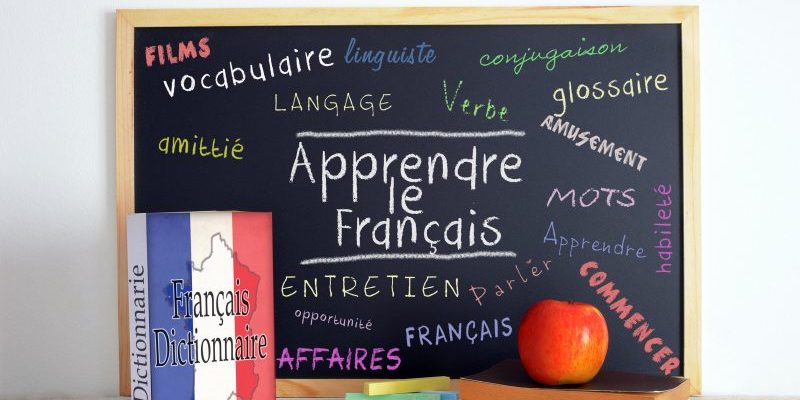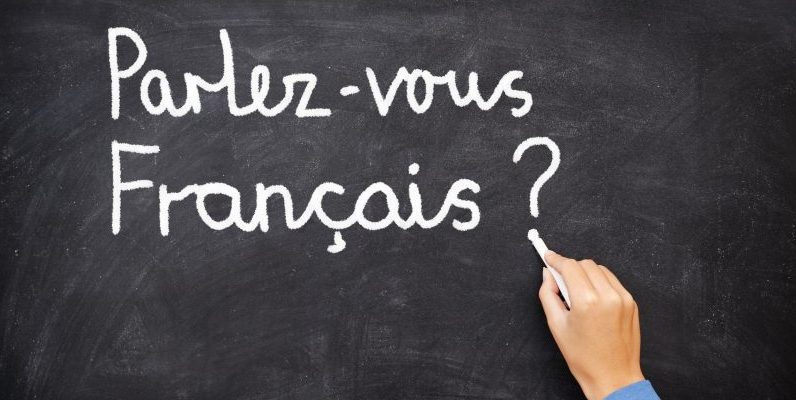
French Words in English: 8 Common Terms You Likely Use Daily
French words in English are more common than you might think. Even though English is a Germanic language, it has borrowed thousands of words from French over time. From food to art and even everyday speech, French has left a lasting mark on how we speak.
In fact, if you’re a native English speaker, you already use many French words—probably without realizing it! Let’s explore eight examples that are still in use today.
Why Are There So Many French Words in English?
The story goes back to 1066, when William the Conqueror invaded England. After the conquest, the ruling class in England began speaking French. For over 300 years, French was the language of the nobility, government, and law.
As a result, French deeply influenced the English language. Many French words entered English during this time, and some elements of French grammar stuck around, too. Even today, many French words in English remain part of everyday conversation.

8 Everyday French Words in English
Let’s look at some familiar French words you’ve probably used without realizing their origin.
1. Déjà vu – A French Phrase for a Familiar Feeling
This phrase means “already seen.” It refers to the strange feeling that you’ve lived through a moment before, even if you can’t explain when or why.
2. Avant-garde – A Bold French Word in English Art
Originally a military term meaning “advance guard,” avant-garde now describes something bold and ahead of its time.
3. Jargon – A French-Derived Word for Specialized Language
This word comes from the Old French jargoun, meaning chatter or gibberish. Now, it refers to professional or technical language.
4. Hors d’oeuvre – A French Culinary Term in English
Literally meaning “outside the work,” this term refers to appetizers or small dishes served before the main course.
5. Embassy – A French Word That Shaped Global Language
The word embassy—and others like diplomat and attaché—came from French and remain common in international contexts.
6. R.S.V.P. – French Etiquette in Everyday English
This abbreviation comes from Répondez s’il vous plaît, or “Please respond,” and is now a common way to ask for a reply.
7. Cul-de-sac – A French Word in English Neighborhoods
Translating to “bottom of the bag,” this term describes a dead-end street, used in both languages today.
8. Fait accompli – A French Phrase in English for Irreversible Acts
Meaning “an accomplished fact,” this term refers to something that’s already done and can’t be changed.
9. Souvenir – A French Word for Memory or Keepsake
Derived from the French verb souvenir, meaning “to remember,” this word refers to an object that helps you recall a person, place, or experience. In English, it’s often used for a small token or memento purchased during travel.
10. Faux pas – A French Phrase for a Social Mistake
This expression translates literally to “false step” and refers to a social blunder or tactless act. In both French and English, a faux pas is something to avoid in polite company.
11. Touché – A French Word in English Arguments
Used in fencing to acknowledge a hit, touché has evolved in English to signal agreement or recognition of a clever point in a discussion. It literally means “touched” in French.
12. Entrepreneur – A French Term for a Business Founder
This word entered English in the 19th century and refers to someone who starts and runs a business. It comes from the French entreprendre, meaning “to undertake.”
13. Matinée – A French Word Used in English Theater
In French, matinée refers to the morning. In English, it describes a performance held earlier in the day, usually in the afternoon. The word reflects a tradition of daytime theater shows, especially popular with families or older audiences.
14. Cliché – A Common French Word in English Writing
Originally a printing term, cliché refers to a stereotype or overused expression. In French, it can mean a snapshot or print; in English, it often describes something unoriginal or predictable.
15. Genre – A French Word in English Media and Arts
Genre means “type” or “kind” in French. In English, it’s widely used to describe categories of artistic works—such as film, music, or literature.
16. Décor – A Stylish French Word in English Homes
From the French décoration, this word refers to the style and furnishing of a space. In English, décor often relates to interior design or event aesthetics.
17. Baguette – A French Food Word Used in English
While baguette literally means “wand” or “baton,” English speakers use it exclusively to describe the long, crusty French bread that has become a bakery staple worldwide.
18. Ballet – A French Word in English Dance Culture
This classical dance form originated in the royal courts of France. While the word is pronounced with an English accent, it retains its French spelling and elegance.
19. Fiancé / Fiancée – French Terms for an Engaged Partner
Both terms come from the French verb fiancer, meaning “to betroth.” Fiancé refers to an engaged man and fiancée to an engaged woman—though English sometimes uses “fiancé” for either.
20. Sauté – A French Word in English Cooking
From the French verb sauter, meaning “to jump,” sauté describes a quick cooking method using a small amount of oil. The name comes from the way food jumps in the hot pan.

Learning French Isn’t as Hard as It Seems
Learning French doesn’t have to feel intimidating. In fact, it might feel more familiar than expected. Since over 10,000 French words appear in English, you’re already off to a great start! If you’re ready to build on what you already know, we can help. Our native-level instructors offer personalized, one-to-one French lessons for middle and high school students. Contact us today to sign up for one-to-one lessons with a native-level French instructor.



